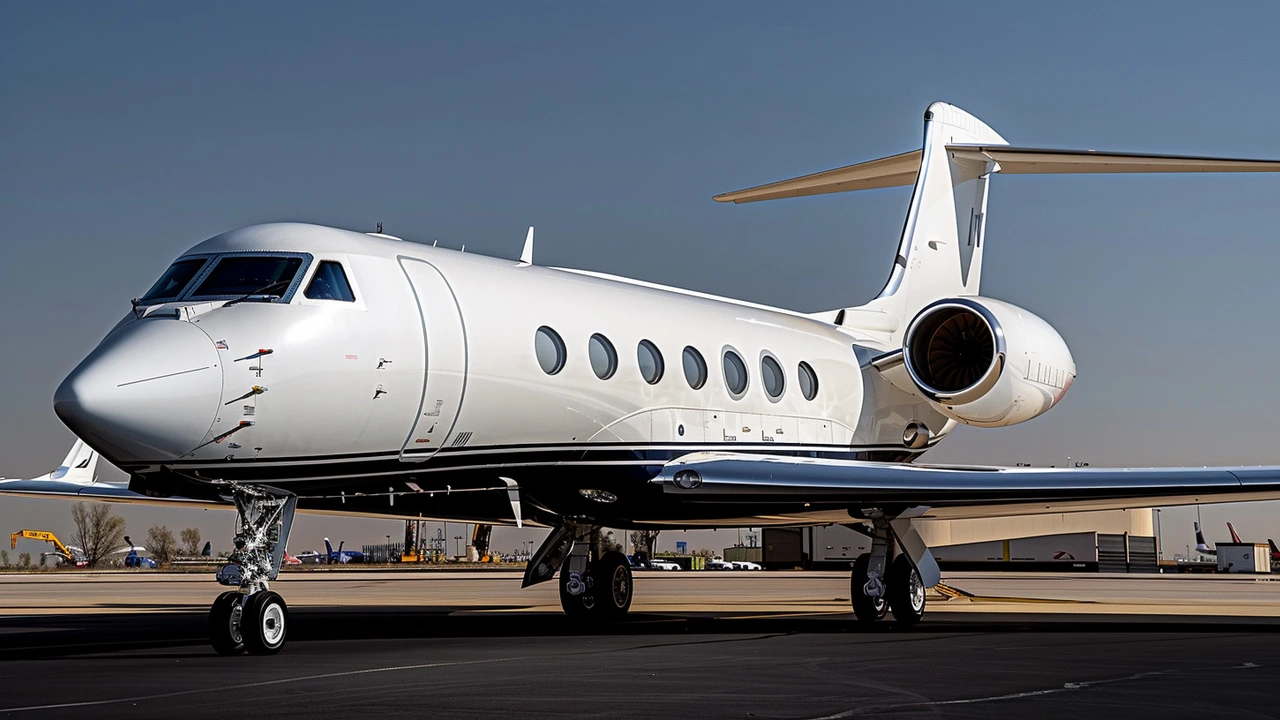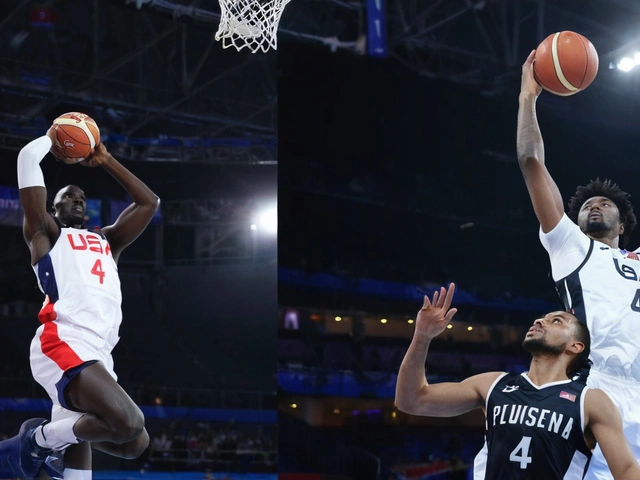Footballer Travel Guide: Stay Fit, Keep Focus, Win Anywhere
Every time a team boards a plane or hops on a bus, the players know the next few days will be a test of more than just skill. Long flights, strange hotel rooms, and changing time zones can mess with sleep, nutrition, and recovery. This guide breaks down what footballers need to do to travel like pros and keep their game sharp.
Why travel matters for footballers
Travel isn’t just a background detail – it directly affects performance. A jet lagged striker might miss a crucial chance, while a dehydrated defender could make a costly error. Even short trips can disrupt routine: training schedules shift, meals change, and rest becomes uncertain. Understanding these impacts helps players and staff plan ahead rather than reacting after the fact.
In recent match reports, teams like Grimsby Town and Inter Miami showed how a well‑managed travel plan can be a secret weapon. Grimsby’s quick recovery after a night bus ride helped them survive a marathon penalty shoot‑out, while Inter Miami’s stars performed in freezing conditions because they arrived early and adapted their warm‑up routine.
Practical tips for a smooth trip
1. Plan sleep cycles. If you cross time zones, start adjusting your bedtime a few days before departure. Use a sleep mask and earplugs on the plane to mimic nighttime. Aim for 7‑9 hours of quality sleep, not just total hours.
2. Hydrate, don’t over‑hydrate. Airplane cabins are dry, so sip water regularly. Avoid alcohol and caffeine, which can dehydrate you and worsen jet lag. A good rule is one bottle of water per flight hour.
3. Pack smart nutrition. Bring protein‑rich snacks like nuts, jerky, or protein bars. They keep blood sugar stable and prevent reliance on hotel buffet options that might be high in carbs or fat.
4. Stick to a mini‑training routine. Even a 15‑minute mobility session on the hotel gym floor helps maintain muscle tone. Use resistance bands for quick strength work; they’re light and travel‑friendly.
5. Use compression gear. Compression socks or leggings can improve circulation on long flights and reduce muscle soreness after a match.
6. Manage stress. Travel can be chaotic. Simple breathing exercises or a short meditation app keep nerves down and focus up. A calm mind translates to better decision‑making on the pitch.
Coaches and support staff should keep a travel checklist that includes these points. Assign a team member to double‑check that everyone has their gear, water bottle, and sleep plan ready.
When the squad lands, give the players at least an hour to stretch, walk around, and adjust to the new environment before any tactical meeting. This “re‑orientation” window is where most injuries can be prevented.
Finally, remember that travel is a team activity. Encourage players to share tips they’ve learned, whether it’s a favorite sleep mask brand or a go‑to pre‑match snack. A collaborative approach turns travel from a hassle into a routine that supports peak performance.
By treating travel like an integral part of training, footballers can arrive fresh, stay focused, and give their best on any field – whether it’s a stadium in England, a pitch in the US, or a stadium in South Africa.




